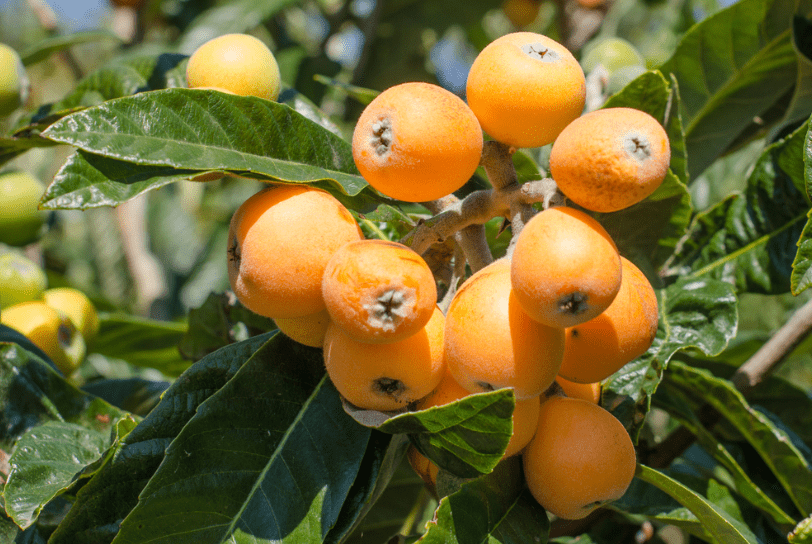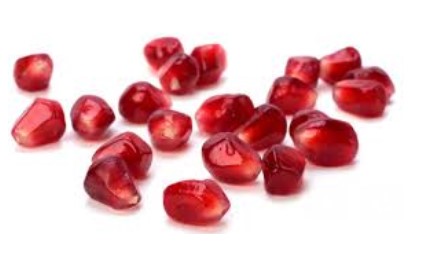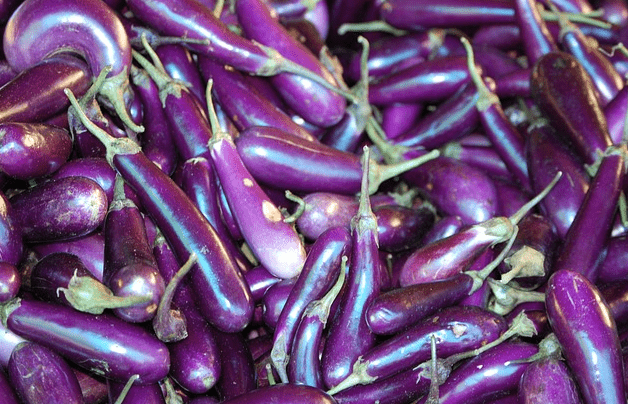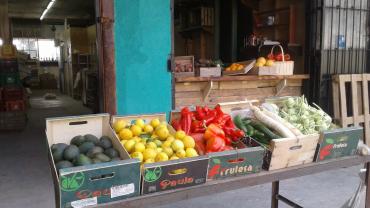Loquat season is already here, and it's one of those fruits you really want to savor as they ripen. The window of time to enjoy the loquat at its best is brief, fleeting, and before you know it, it's gone.
In the past, I've fondly reminisced about my childhood memories, recalling the majestic loquat tree that adorned my grandmother's yard. However, on this recent comeback of loquats to our store, I want to talk about, not just nostalgia, but also the broader issue surrounding this sweet, tangy fruit, and many others like it, and how new trendy varieties often take over the market and overshadow even the most cherished old varieties.
But first, let's refresh our memory about what the loquat is and where it comes from. Belonging to the rose family, it's a distant relative of fruits like apricots and plums. Originating from China, it has been cultivated for thousands of years, making its way from China to Japan about a millennium ago, where it became a popular crop.
The exact time it reached the Near East is not clear, possibly during the 19th century. In Europe, loquat cultivation dates back to the 18th century, after a Polish Jesuit monk brought it back from a visit to Japan.
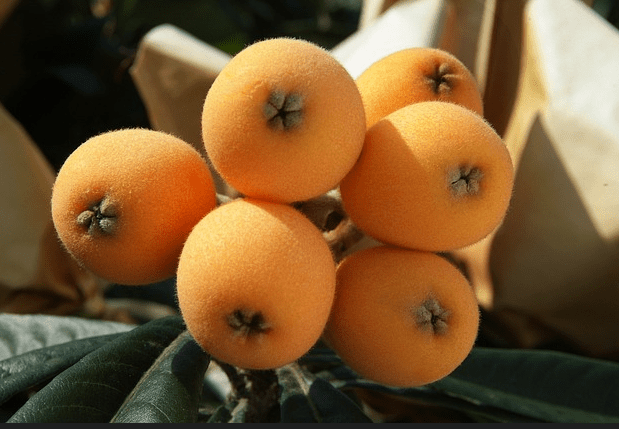
How loquat cultivation began in Israel are somewhat uncertain, but what is clear is that in the early 1960s, it became a prominent commercial crop, which brings us to the topic of varieties.
Transitioning from agricultural to commercial cultivation involves developing varieties suited to the local climate, soil, and other factors such as market preference and resilience. Israel has excelled in this regard, and the flagship Israeli loquat variety, known and loved since the 1960s, is the Akko variety (actually, a series of varieties, but let's keep it simple). It's named after being developed on a farm adjacent to the city of Akko.
Anyone born in Israel in the previous millennium, who closes their eyes to recollect the taste of loquat they grew up with, the delightful blend of sweetness and tanginess, instantly reminisces about the taste of Akko loquat.
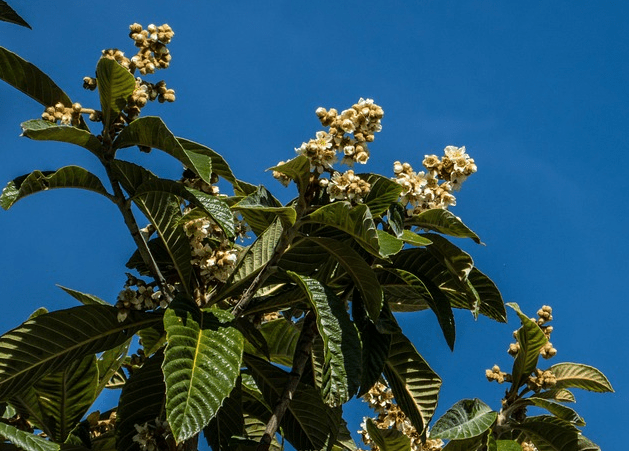
The thing is, since the 1960s, the wheels of development haven't stopped turning. With modern palates favoring sweetness, a significant portion of development efforts has veered in that direction, impacting loquats as well.
Towards the end of the last millennium, a particularly sweet variety of loquat was developed in Spain, which took this trend to the extreme and greatly appealed to consumers. This Iberian loquat variety also found its way to Israel and was immediately embraced by growers and consumers alike.
I must admit, the Iberian loquat is unbelievably tasty and sweet, but the issue arises when I indulge in it—it simply doesn't taste like "loquat". The wonderful tanginess has greatly diminished, and because I enjoy adding loquats into dishes like seviche, it's just not the same.
The problem worsens as the Iberian variety has been revealed to be an imperialist fruit, displacing other varieties—it has thrived so well here in recent years and become so popular that it has simply overshadowed older varieties, like the Akko variety, leaving them in the dust.
The result? There are far fewer Akko loquat trees in Israel, and it's much harder to find them. So, when I received boxes this morning filled with the yellowish, pear-like fruits of the Akko variety, I almost burst with joy.
Since I don't typically burst with joy randomly in the middle of the day, I simply reached my arm into the box, grabbed a fresh, organic Akko loquat, took a bite, closed my eyes, and remembered how a loquat should taste.

